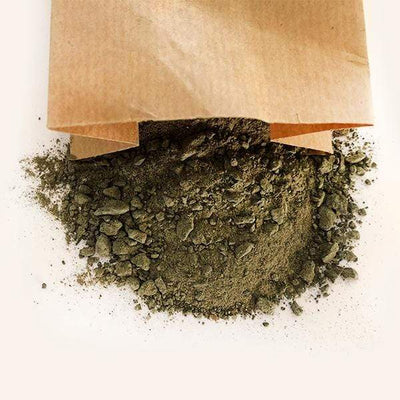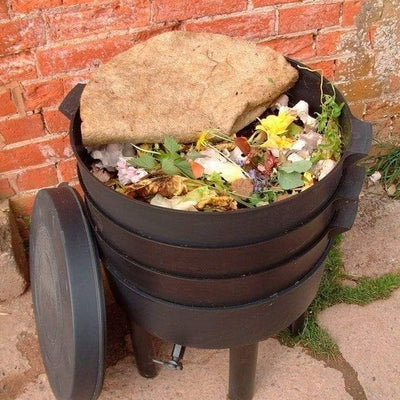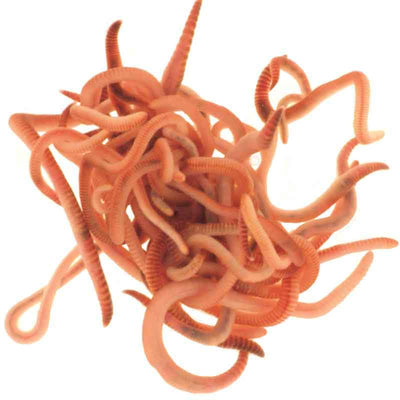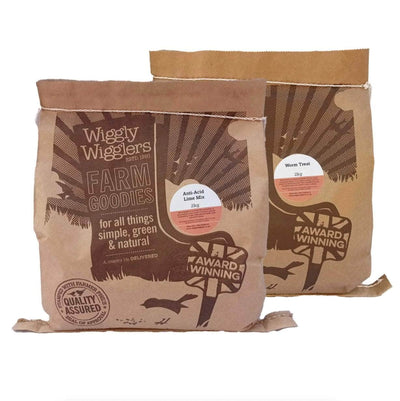Sunflower seeds are an excellent source of energy for birds (or indeed us as well!). You can supply them all year round, but they become especially handy in winter, as natural food sources dwindle and most of the wild birds - energy goes towards keeping themselves warm.
As with any birder, there's probably a list of different species that you hope you can attract to your garden. You're probably putting out sunflower seeds now, but what species will you be attracting? These seeds are great for attracting smaller birds to your humble, or not so humble, garden. Though popular with many birds, the main species you will see are House Sparrow, multiple Finch species, Great Tits and the acrobatic Blue Tit all love this type of food. If you're lucky you could also attract a Woodpecker, providing that you put them in a hanging feeder.
*View our Full Sunflower Range*
Now you have to think about how you provide them. It doesn't matter much whether they're black or cream (though black ones are easier for birds to open), but you need to consider the size. Since many of the birds you'll see most are small species, it's a lot safer to only provide whole sunflower seeds in hanging feeders, where they must peck off pieces themselves. This is especially important in the spring and early summer, when young birds will be around in their droves. The young birds, and some adults, often don't realise that they can';t eat the seeds whole, and can choke if supplied with whole peanuts on a flat tray to eat for themselves.
Finally, people who feed wild animals often forget that cleanliness is just as important to the health of wild species as it is to our own pets. Seeds and peanuts can become toxic once they start to rot, and could make the birds your feeding very ill. To avoid accidentally poisoning your feathered friends make sure to change hanging feeders regularly, and wash all feeders every month or so to make rotting far less likely.
Order our Black Sunflower Seeds online here






